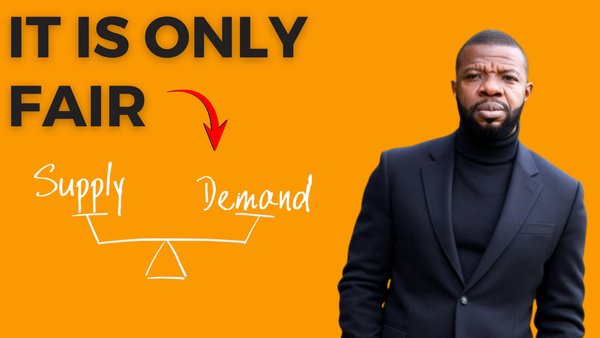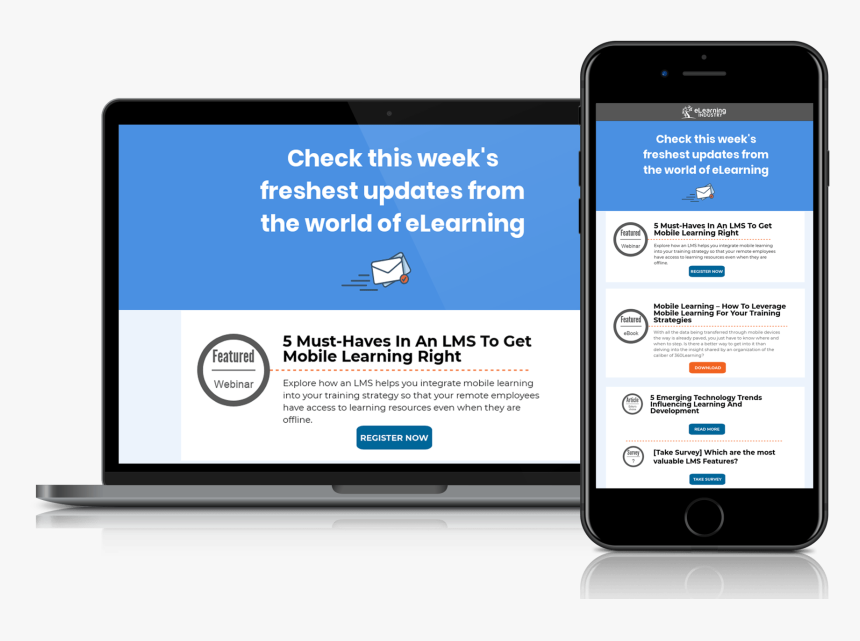
It is only fair for private sector actors to take on partner acquisition
It is only fair that businesses and entrepreneurs begin to seek out development programmes, rather than development programmes searching and looking for them.
Our whole drive, as economic development practitioners, is to change business models to be more profitably inclusive. That implicitly means any business that partners with an economic development programme will become more profitable and will likely increase revenue.
However, economic development programmes are set up in such a way that the burden of partnership and partner acquisition rest entirely with development professionals. I think we should reverse this; the burden of partner acquisition should pass on to these businesses – just as it is for venture capitalist, businesses seek them out.
These are my thoughts about this, it is a combination of why I think the burden should be passed on and some of the things I think economic development programme should do to make sure this happens.
The Why
1. Businesses have more to gain
Development programmes buy down risks, provide technical assistance, implicitly reduce market entry cost and potentially, get operational and financial advise that will sustain the business in the future. It is therefore in the businesses interest to know the development programmes that exist in their market and pitch for potential partnership
2. Development programmes will reduce cost and time spent on partnership acquisition.
Development programmes will not have to spend considerable amount of funds and time seeking out businesses that may want to partner with them on their interventions, they will have a lot of these businesses to chose from on their database.
Development programmes should do this
3. First phase of development programme should be mandate promotion to attract partners.
I think there should be a phase between the finalising contract with donor and the inception phase. We can call the phase ‘mandate promotion phase’ – this is where the programme should do road shows, media promotions and several workshops to explain its mandate and the type of partners it will want to work with and invi.te pitches for potential partnership
4. Inception phase will be reviewing intervention ideas and partnerships submitted by businesses in the mandate promotion phase.
Significant portion of the inception period should be spent reviewing and analysing intervention ideas and potential partnerships. This will expand the possibilities and widen the reach of the programme.
5. This is already done for grants and innovation funds
Why not do it for the programme, rather than a portion of the programme. This will reduce the problem of working with the same partner, in the same location and for the same participants.
Our primary responsibility is to manage donor funds effectively and demonstrate value for money. This is very much like the mandate of a venture capitalist – invest to create extraordinary return. Therefore, development programmes should act more like a venture capitalist. Businesses and entrepreneurs seek out venture capitalist to get deals that will propel their businesses beyond its current state – this is what we do in economic development programmes, we create opportunities for the businesses we partner with..
Benefits
1. It will reduce time and money spent seeking partnership
2. It will expand the number of potential intervention ideas
3. Programmes will generate more value for money impact
Why is it not happening now?
Most of the businesses do not know about economic development programmes and how they can partner with them. The ones that know are now donor darlings. It is therefore, a question fo information and awareness, therefore the first intervention should be
Who should go seek the deal?
Very often it is the development practitioner that goes scouting for potential partners but with limited time and resources, the practitioner can only reach a few and this is how we fall in the hands of the “donor darlings”
How about if we flip the script – we prioritise making a lot of noise when the programmes start – we do a promotional round on radio, TV channels, podcast, newspapers and other channels, just like an author or an actor will do to promote a new a book or film.
We do this when we have grants on offer, I think this should be extended to creating awareness of the programme, its mandate and its approach. We want businesses to partner on intervention we hope will be part of their business strategy and operation. It is therefore important that we attract as many of these businesses as possible.
The idea is to transfer the responsibilities to the businesses and the entrepreneur to approach programmes, to pitch creative solutions and open the mind of practitioners to potentials they may not have thought about.
Partner selection therefore will be at the very beginning of the programme, this will encourage these businesses to be part of intervention desi
I think we need to think very different so we can leverage private sector better than we are doing at the moment.
What do you think?
